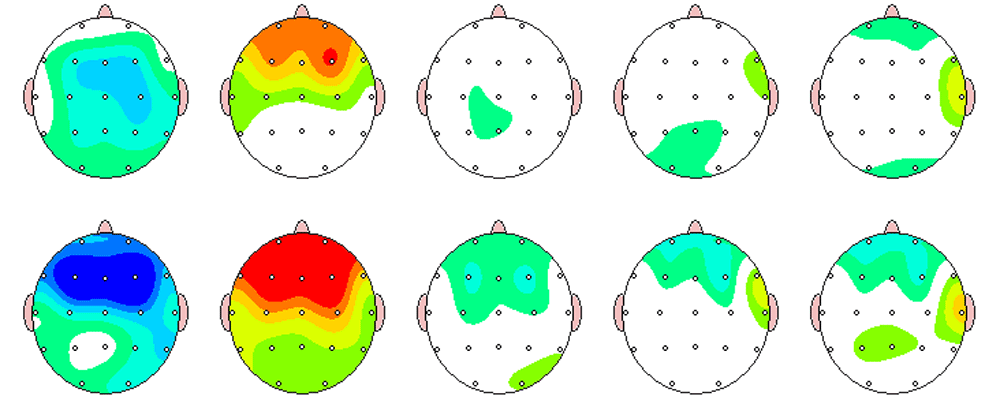There are several types of slumber disorders, including sleeplessness, sleep apnea, and unsettled leg syndrome. Insomnia is defined by difficulty going or staying asleep, while slumber apnea involves interruptions in breathing during sleep. Unsettled leg syndrome causes discomforting feelings in the legs, resulting to an irresistible urge to move them. Each of these disorders can disturb the normal sleep cycle, which comprises of various stages, including light sleep, deep sleep, and REM (rapid eye movement) slumber. Each stage plays a vital role in maintaining overall cognitive health and function.
When sleep disorders interfere with these stages, brainwave activity can become erratic. For instance, during deep sleep, the mind generates slow delta waves, which are important for physical restoration and recall consolidation. If a person undergoes repeated awakenings or does not reach profound sleep, the generation of these delta waves is diminished. This can lead to challenges in learning new information and retaining memories. Additionally, REM sleep, which is associated with fantasizing and affective processing, is also impacted. Interruptions in REM sleep can lead to issues with affective regulation and inventiveness.
The impact of slumber disorders on mental function is significant. Research has shown that individuals with sleep disorders often face challenges with focus and focus. This can influence their capability at school or work, making it difficult to finish tasks or participate in discussions. Furthermore, long-term sleep deprivation can result to mood changes, heightened stress, and even anxiety or melancholy. These mental and emotional challenges can create a vicious cycle, where poor sleep leads to mental difficulties, which in turn can lead to more slumber problems.
Tackling sleep disorders is crucial for enhancing neural wave activity and cognitive function. Treatment options may Visit Website include habitual changes, such as establishing a regular slumber schedule, creating a comfortable sleep environment, and engaging in relaxation techniques. In some cases, clinical intervention may be required, such as using a CPAP machine for sleep apnea or medication for insomnia. By prioritizing slumber and seeking appropriate treatment, people can enhance their overall mental abilities and boost their quality of life. Understanding the connection between slumber disorders, brainwave activity, and mental function is an important step toward better health and wellness.
